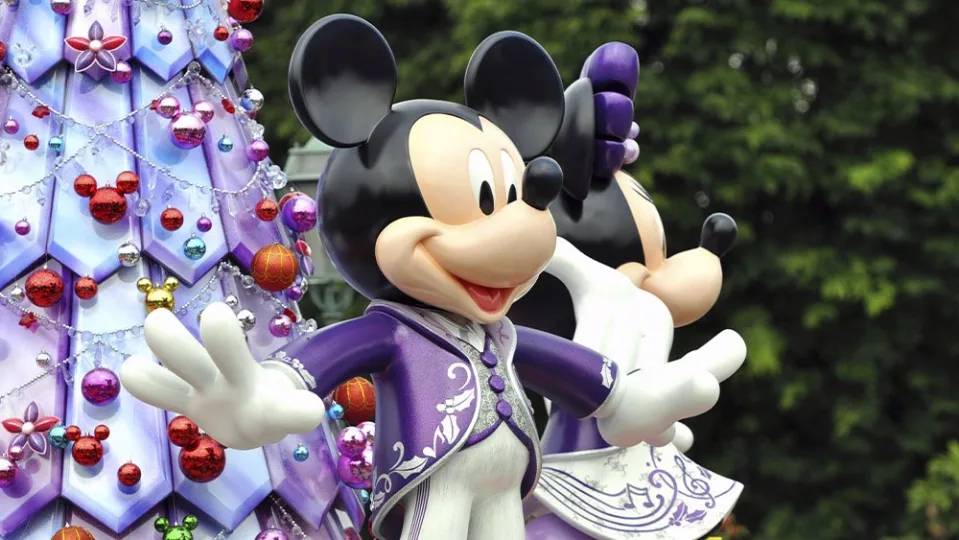- Facebook held three virtual concerts for its metaverse fans through Oculus VR, but despite having the Chainsmokers and Young Thug, the events seriously flopped.
- If this is an indication of the amount of interest Facebook’s metaverse will garner, then Mark Zuckerberg could be in for a huge shock – will Meta bounce back?
Facebook is that company that’s always in the news, whether it’s for election meddling and data misuse or for inflating video views to deceive businesses and make more money. Its most recent headline-grabbing move was the switch-up from Facebook to Meta as it pivoted towards being a metaverse company. But if its recent launch efforts are anything to go by, then Meta is off to a very rocky start.
As 2021 wound up, Facebook announced a string of virtual concerts to promote its metaverse platform, dubbing them Santa’s early presents to music fans. The social media giant brought on award-winning hip hop artist Young Thug, DJ and producer David Guetta and EDM icons The Chainsmokers on December 26, 31 and January 1 respectively. The artists performed live on Horizon Venues, Facebook’s metaverse platform.
There was one slight problem – the target audience largely ignored the concerts.
Even worse, the concerts were free, but Facebook fans still found a way to not attend. Aside from the dismal views, the events barely got mentioned on social media platforms, be it Twitter or even Facebook itself.
Young Thug, a Grammy-winning artist, only garnered about 100,000 views. Guetta, who is one of the biggest hitmakers in the world, could only rack up a million views while EDM sensations The Chainsmokers even had their performance removed by Facebook subsidiary Oculus. When you account for the fact that Facebook is a company that has been known to inflate video views by up to 9x just to make more money, it shows just how little traction the events got.
So, what happened to the Facebook concerts?
Well, for one, the performances were underwhelming. Guetta’s performance, for instance, was in 2D, despite being staged at the prestigious Louvre in Abu Dhabi. The other two weren’t that much better either.
But it’s deeper than that. Meta bet that its VR users would be happy to stay home on Boxing Day or New Year’s eve and put on their VR headsets to watch some artists perform in a virtual reality space. Clearly, Zuckerberg was wrong and while the virtual world is getting a lot of traction, we still haven’t gotten to a place where it can fully replace the real world.
But this doesn’t mean that the bet on the metaverse is misplaced in its entirety. More people are choosing to spend an increasing amount of time exploring the virtual world. The pandemic has certainly helped, with some VR games seeing massive interest as more people stayed indoors. Even now, the world’s biggest consumer electronics event, CES, has seen close to half the exhibitors opt for either fully virtual experiences or incorporate some metaverse-like features.
Facebook will certainly be the leader in the metaverse space, especially since it owns one of the world’s leaders in VR headsets in Oculus. However, as these three concerts showed, we aren’t ready to jump all in yet.





